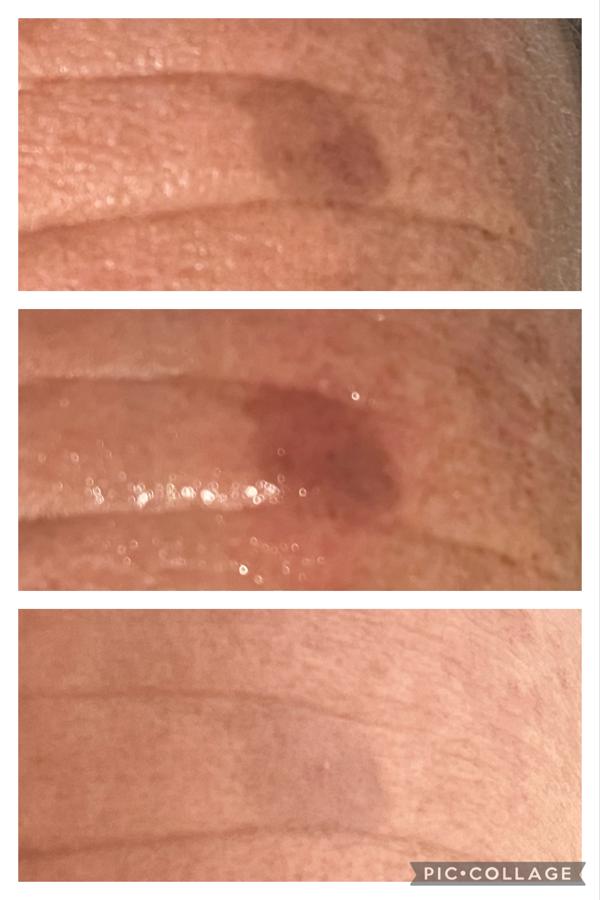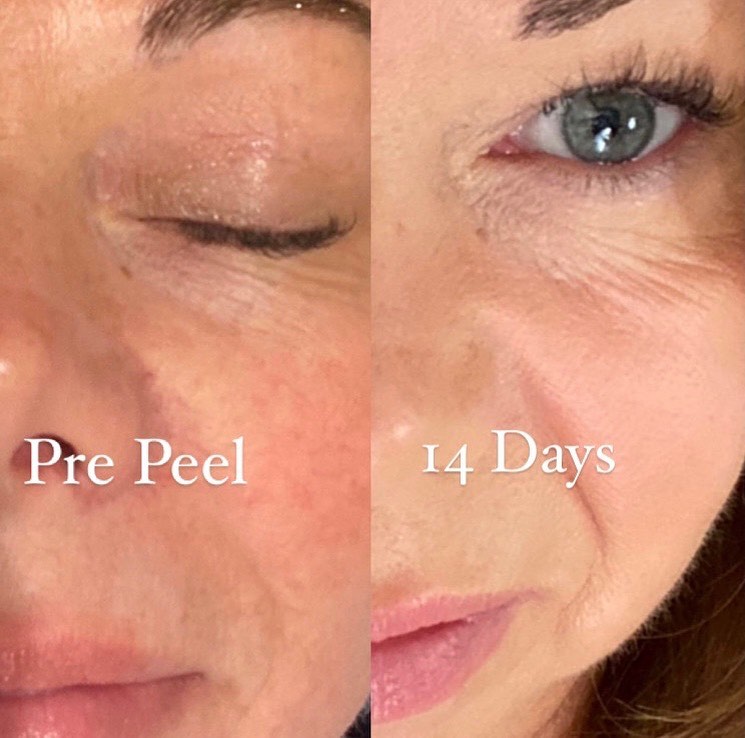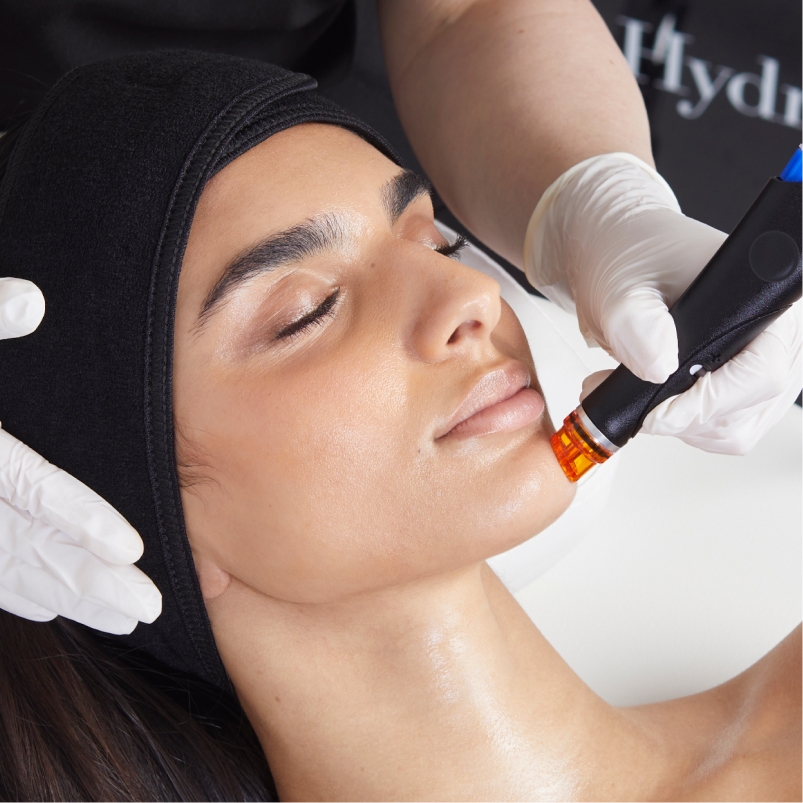How to treat skin pigmentation?
What Is Skin Pigmentation?
At Surrey Laser Clinic we don’t just treat hair, but other conditions of the skin as well. We get amazing results with hyperpigmentation. Just have a look at the image here of this client. This is the forehead of one of our clients. The pigmentation darkens immediately after the treatment which is normal and then fades over a few days.
Skin pigmentation refers to the colour of a person’s skin, which is determined by the concentration of a pigment called melanin.
Melanin is produced by melanocyte cells in the skin and helps protect the skin from the harmful effects of the sun’s ultraviolet (UV) rays.
Skin pigmentation can vary greatly between individuals and can be affected by factors such as genetics, sun exposure, and certain medical conditions.
Abnormal pigmentation can result in conditions such as hyperpigmentation (excess melanin production) or hypopigmentation (lack of melanin production).
How to treat skin pigmentation?
- Sun protection: Wearing sunscreen and protective clothing when you’re out in the sun can help prevent further pigmentation.
- Topical treatments: Depending on the cause of pigmentation, certain creams or ointments can help lighten the affected area. These may include hydroquinone, retinoids, kojic acid, vitamin C, or arbutin. These help and we do recommend Alumier products in the clinic but don’t always give long term results.
- Chemical peels: These treatments involved applying a chemical solution to the face to exfoliate the skin and reduce pigmentation.
- Laser therapy: Certain types of lasers can target and break down pigmented cells, leading to more even skin tone. See below for more information.
How does laser therapy work on skin pigmentation?
Laser treatment for pigmentation involves using a specific wavelength of light to target and break down the excess melanin in the skin. This allows the body to naturally eliminate the pigmentation over time and promote the growth of new, healthy skin cells. Laser treatment can also stimulate collagen production, which can help improve the overall texture and appearance of the skin. As with all of our laser treatments whether it is hair or pigmentation it is important to note that not all skin types are suitable for laser treatment, and it is essential to consult with our Lynton trained technicians before having treatment,
If you want more information about skin pigmentation then contact our team and one of the specialists can talk you through it 01932 553118
Perhaps you want to discuss your options, and the pros and cons, in more detail. Either way, our team of experts would be delighted to help. Simply get in touch and we can answer your questions, talk you through the process.
View Our Treatments:





